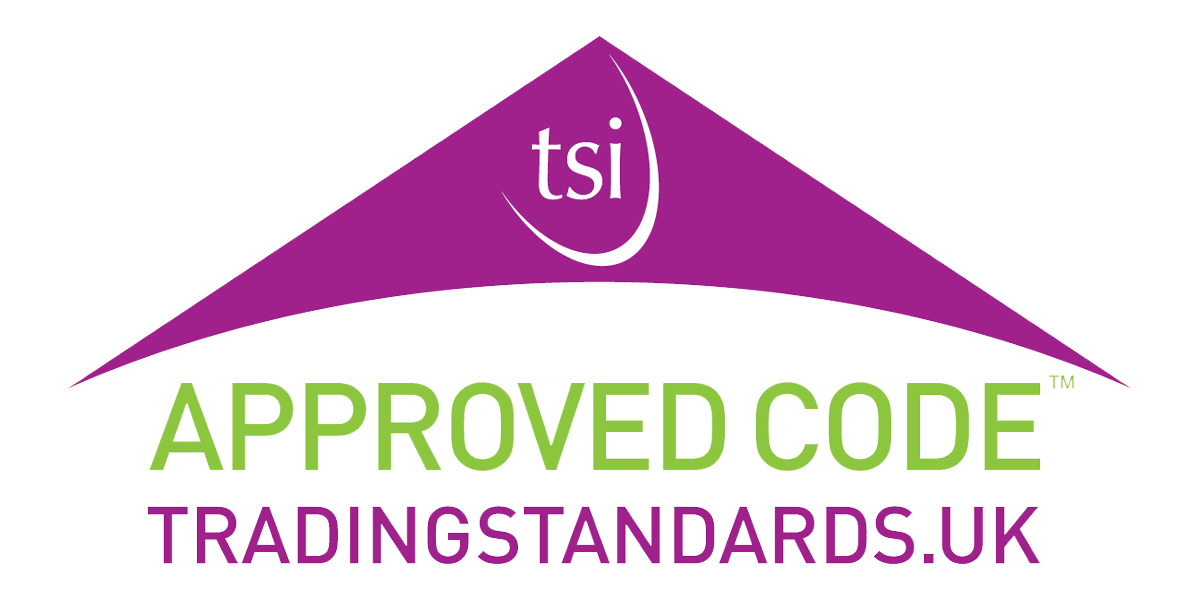In today’s world, sustainability is no longer just a buzzword—it’s a crucial aspect of running a successful and responsible business. As environmental concerns continue to grow, UK businesses are under increasing pressure to reduce their carbon footprint and adopt greener practices. Not only can these efforts help protect the planet, but they can also enhance your brand reputation, attract eco-conscious customers and even save money in the long run.
Here are five effective ways to build a greener business, including the powerful impact of installing a solar photovoltaic (PV) system.
1. Invest in Renewable Energy: Install a Solar PV System
One of the most impactful steps you can take to green your business is to invest in renewable energy, particularly by installing a solar PV system. Solar panels harness the power of the sun to generate clean electricity, reducing your reliance on fossil fuels and significantly cutting your carbon emissions. For businesses in the UK, solar energy offers a reliable and cost-effective solution to rising energy costs.
By generating your own electricity, you can lower your energy bills, protect your business from future price hikes and even earn money by selling excess energy back to the grid through the Smart Export Guarantee (SEG) scheme. Over the lifespan of the system the savings and potential earnings can more than offset the initial investment, making solar PV not only an environmentally friendly choice but also a financially sound one.
2. Adopt Energy-Efficient Practices
Another key step towards building a greener business is to adopt energy-efficient practices. Start by conducting an energy audit to identify areas where your business can reduce energy consumption. Simple changes, such as switching to LED lighting, upgrading to energy-efficient appliances, and installing smart thermostats, can lead to substantial savings on your energy bills.
Encourage employees to be mindful of energy use by implementing policies that promote energy conservation, such as turning off lights and equipment when not in use. You can also consider investing in motion-sensor lighting and automated systems to reduce energy waste further.
3. Reduce, Reuse, Recycle
Implementing a robust waste management strategy is another essential component of a greener business. The “reduce, reuse, recycle” mantra can help your business minimize waste and lower its environmental impact. Start by reducing the amount of waste your business generates. This can be achieved by optimizing your supply chain, choosing suppliers who use minimal or recyclable packaging, and encouraging a paperless office environment.
Next, focus on reusing materials whenever possible. For example, repurpose office furniture or equipment, and encourage employees to bring reusable containers and utensils to work. Finally, set up a comprehensive recycling program to ensure that any waste your business does produce is disposed of responsibly.
4. Sustainable Sourcing
Sustainable sourcing is about choosing suppliers and materials that have a lower environmental impact. This means selecting products that are made from recycled or renewable materials, opting for locally sourced goods to reduce transportation emissions, and working with suppliers who prioritize ethical and sustainable practices.
By making sustainability a core criterion in your procurement decisions, you not only reduce your business’s environmental footprint but also support the broader green economy. This can also resonate with customers who are increasingly looking for companies that share their values.
5. Promote Sustainable Transportation
Transportation is a significant contributor to a business’s carbon footprint, especially for companies that rely on a fleet of vehicles or regular deliveries. To green your business, consider transitioning to electric or hybrid vehicles, which produce fewer emissions than traditional petrol or diesel vehicles. If your business involves employee commuting, incentivize greener options such as cycling, carpooling, or using public transportation.
For deliveries, consider optimizing routes to reduce fuel consumption and exploring partnerships with eco-friendly logistics providers. Additionally, if your business involves international shipping, work with carriers that use more sustainable methods and technologies.
Conclusion
Building a greener business is not only a responsible choice but also a strategic one that can lead to cost savings, improved brand reputation, and a competitive edge. By investing in a solar PV system, adopting energy-efficient practices, reducing waste, sourcing sustainably, and promoting eco-friendly transportation, your business can make a significant positive impact on the environment while also reaping financial benefits.
As sustainability becomes increasingly important to consumers and stakeholders alike, now is the perfect time to embrace these practices and lead the way in creating a more sustainable future.






